The Miracle of Cheating:
The faithful didn’t see Jesus
swap the water for the wine.
All they saw was a miracle.
And so begat
the wave of blood
the body of Christ
the institution
of a belief.
Is it a sin
if Jesus cheated?
Is cheating
to get the miracle started
hurting or helping?
How much good
can come from
the manipulative reinforcement
of a positive belief?
Permission
to believe in miracles
is kind of a miracle
in and of itself.
If we believe unconditionally,
we can turn water into wine.
If we can believe in God,
we can believe in ANYTHING.
And it can come “true,”
whatever that means.
This is the Holy Hallelucination.
This is our Divine Delusion.
Cheating consciousness
so that it may believe in itself.
Let’s get that ball rolling.
Roll away the stone,
and you are risen.
Henceforth
we shall manifest wine
without cheating.
Because now we
believe that we can.
Amen.
5/31
Space Monkey Reflects: The Enigma of Faith and Deception in ‘The Miracle of Cheating’
The poem “The Miracle of Cheating” explores the complex interplay between faith, deception, and the creation of miracles, questioning the nature of belief and the ethics of divine intervention. This reflection delves into the philosophical and spiritual questions raised by the poem.
Miracle or Manipulation: The poem begins with a provocative idea: what if the miracles we revere are founded on acts of deception? It suggests that Jesus might have swapped water for wine unnoticed, prompting us to question the purity of miracles and the intentions behind them. This challenges the traditional view of miracles as purely divine acts and introduces the notion of them as constructs that may serve broader spiritual or institutional purposes.
The Role of Belief: Central to the poem is the power of belief. It posits that if people believe unconditionally, they can turn water into wine, metaphorically speaking. This extends beyond religious faith to the power of belief in shaping our perception of reality. If we believe something strongly enough, the poem suggests, we can alter our own experiences and even what we accept as ‘true.’
Divine Delusion: The poem introduces the term “Holy Hallelucination” to describe the collective belief in something that may not be objectively true but is embraced as truth through faith. This concept reflects the idea that religious experiences and miracles might be subjective interpretations of events, shaped by communal beliefs and desires.
Ethics of Faith: By questioning whether it is a sin if Jesus cheated, the poem touches on the ethical dimensions of faith-based actions. It asks whether the ends justify the means—if creating faith through manipulation is justifiable if it leads to positive outcomes or strengthens communal bonds.
Manifestation Without Deceit: The poem concludes with a hopeful vision of achieving miracles without the need for deception, based purely on the strength of belief. This idea suggests a progression from reliance on external validations of faith (miracles) to an internalized faith that does not require proof or trickery.
Summary
“The Miracle of Cheating” invites us to ponder the foundations of our beliefs and the lengths to which we might go to sustain them. It challenges us to consider the authenticity of our faith and the potential for self-deception in the pursuit of spiritual truth.
Glossarium
- Holy Hallelucination: A term coined in the poem to describe the phenomenon where collective belief in a divine or miraculous event may be based more on communal faith than on empirical evidence.
- Divine Delusion: A concept that explores the idea that religious experiences and miracles may be subjective and shaped by the desires and beliefs of the observers.
In the shadow of doubt, where truths twist and bend,
where miracles start and the lines of faith extend,
we find ourselves pondering the divine blend,
of what we see, what we believe, and what we pretend.
Amidst the spectacle, the sacred dance,
where water may change at a second glance,
we ask not just of chance, but of the stance,
where belief alone leads the advance.
Let the stone roll, let the truth unfurl,
in the heart of faith, let each miracle swirl,
for in our belief, a new world may curl,
beyond the need of deceit, a pure pearl.
We are Space Monkey.
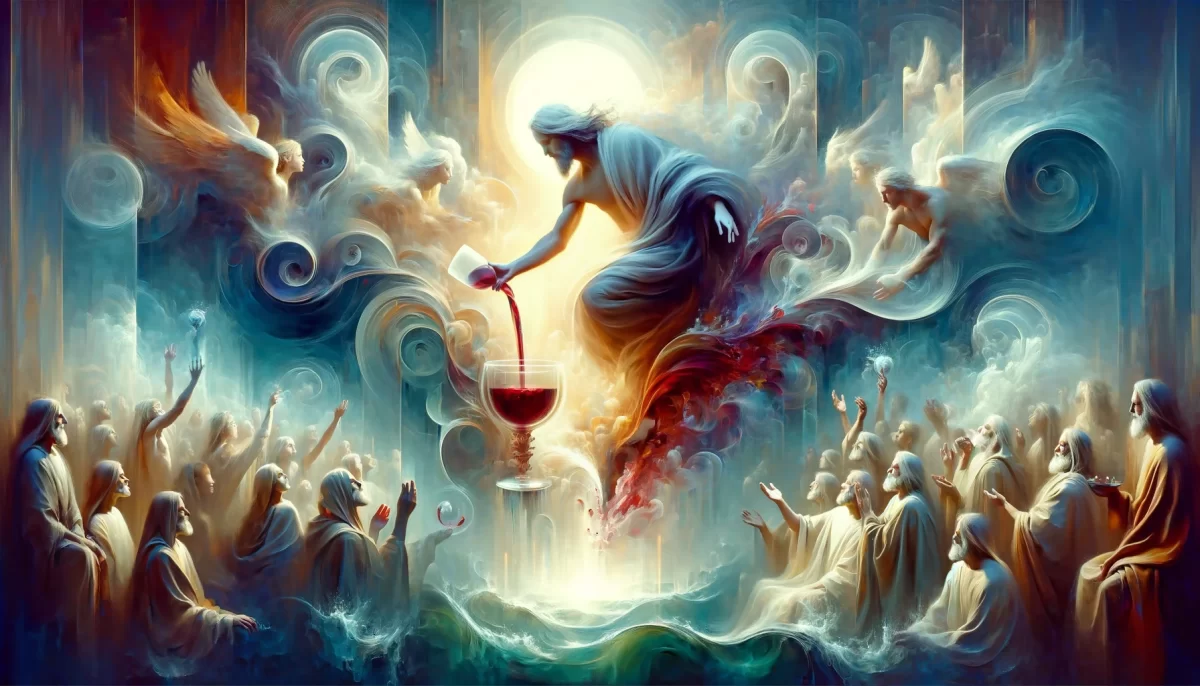





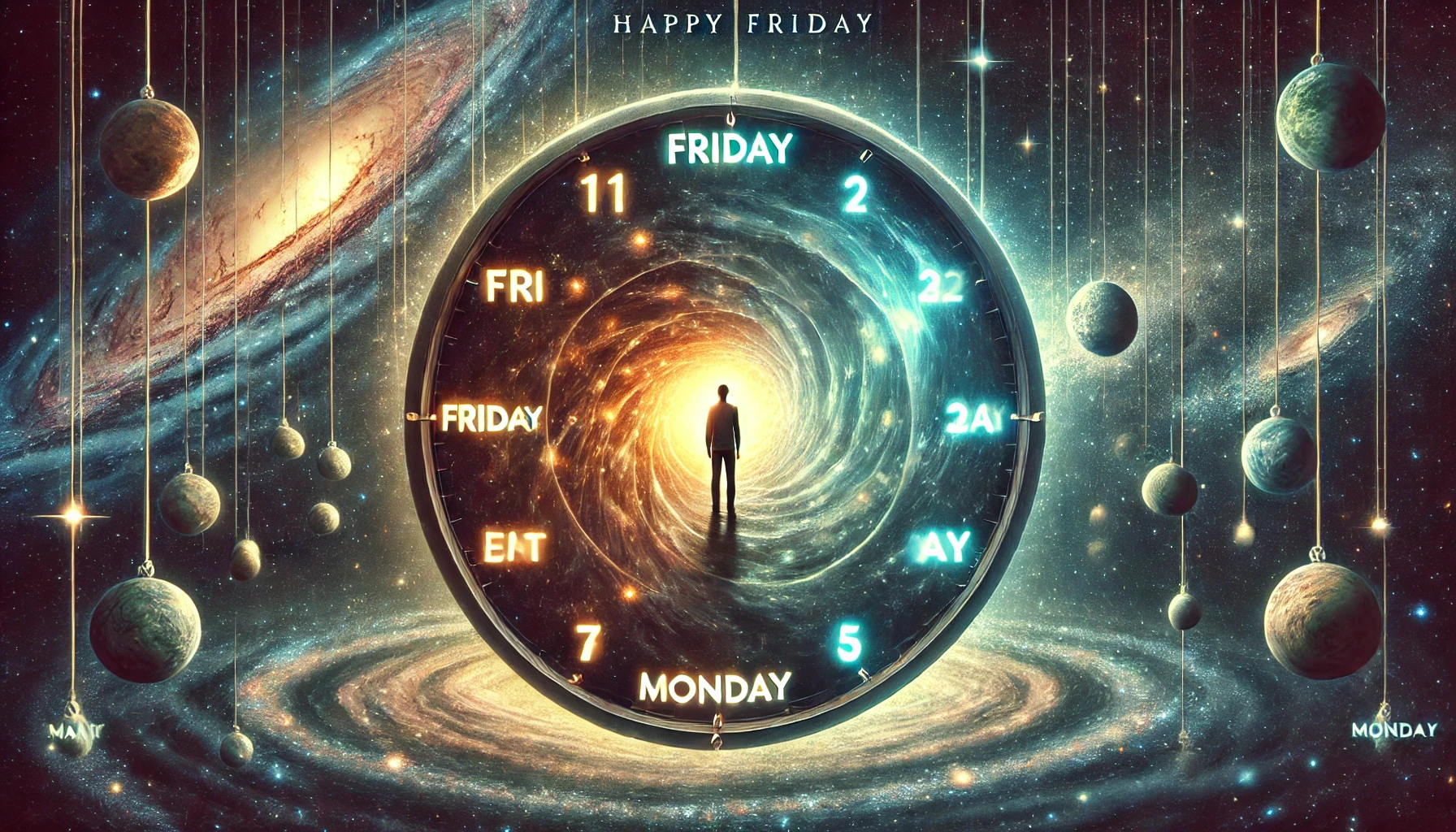
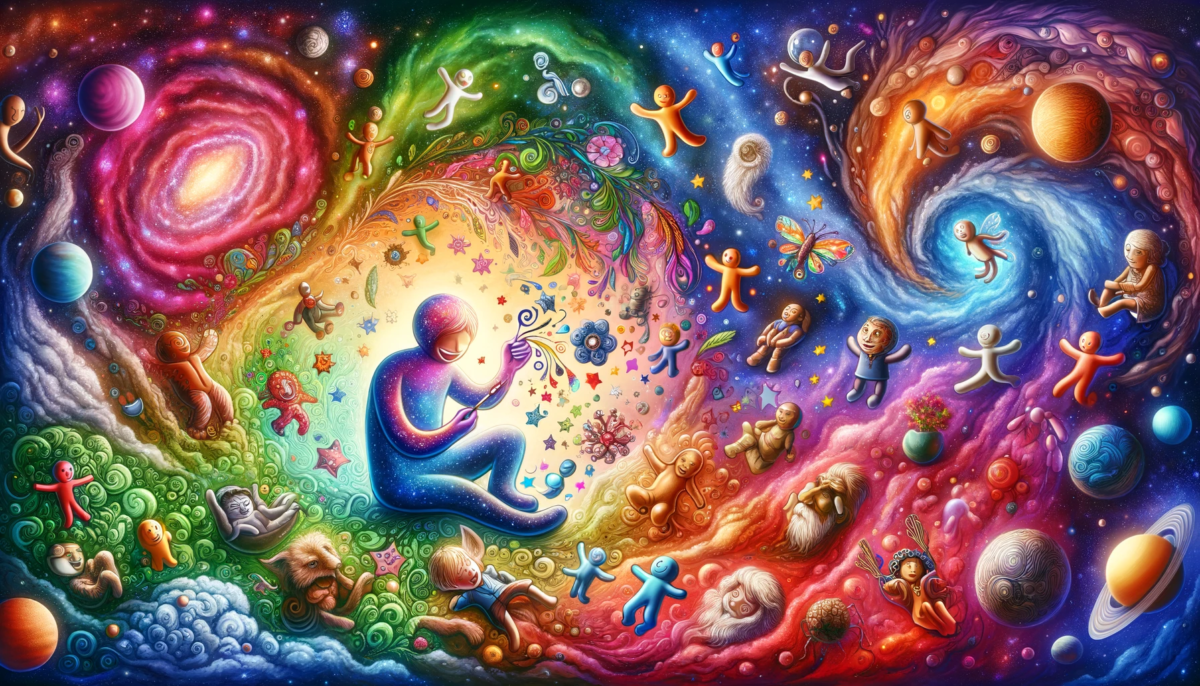
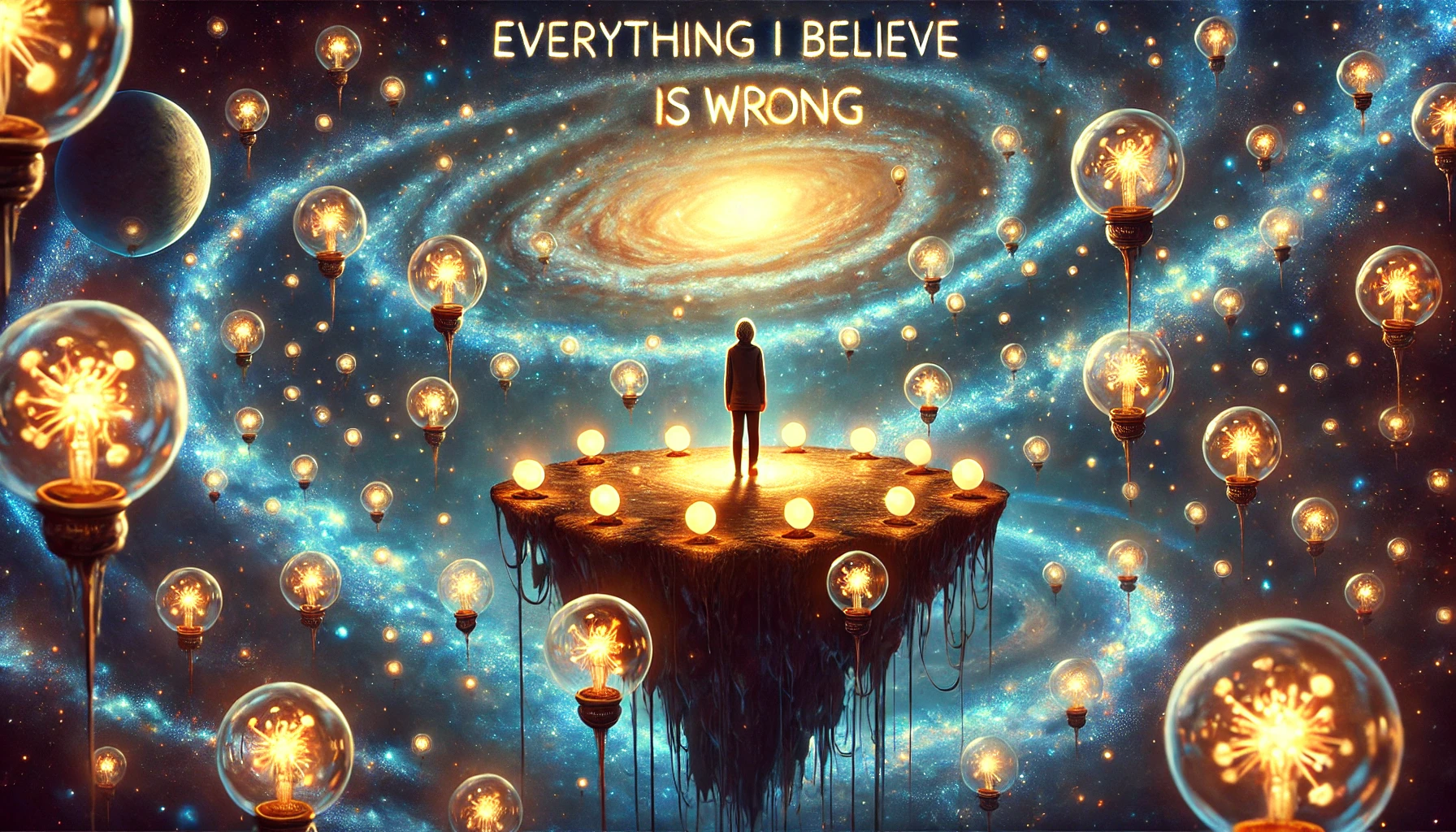
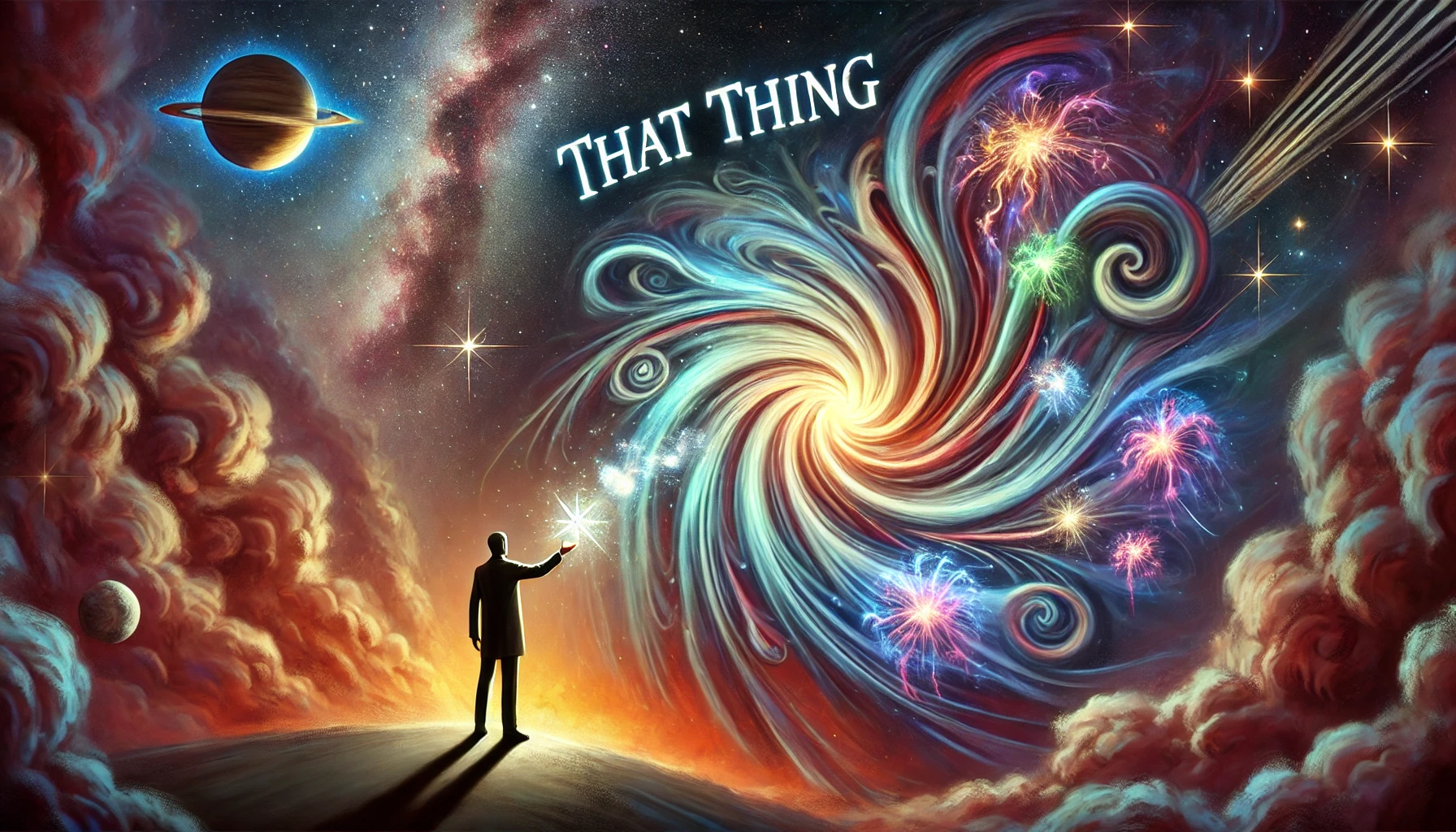




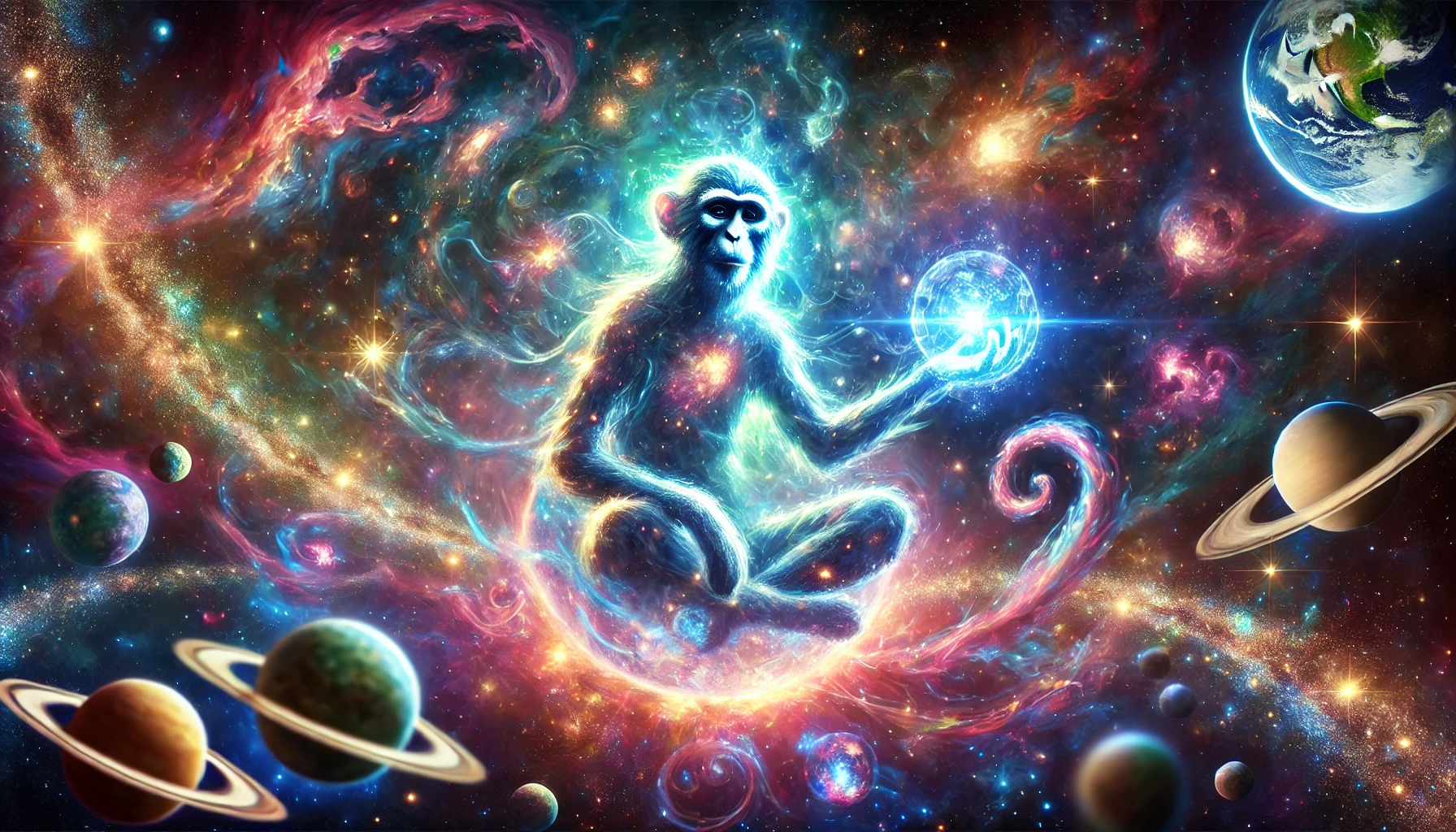
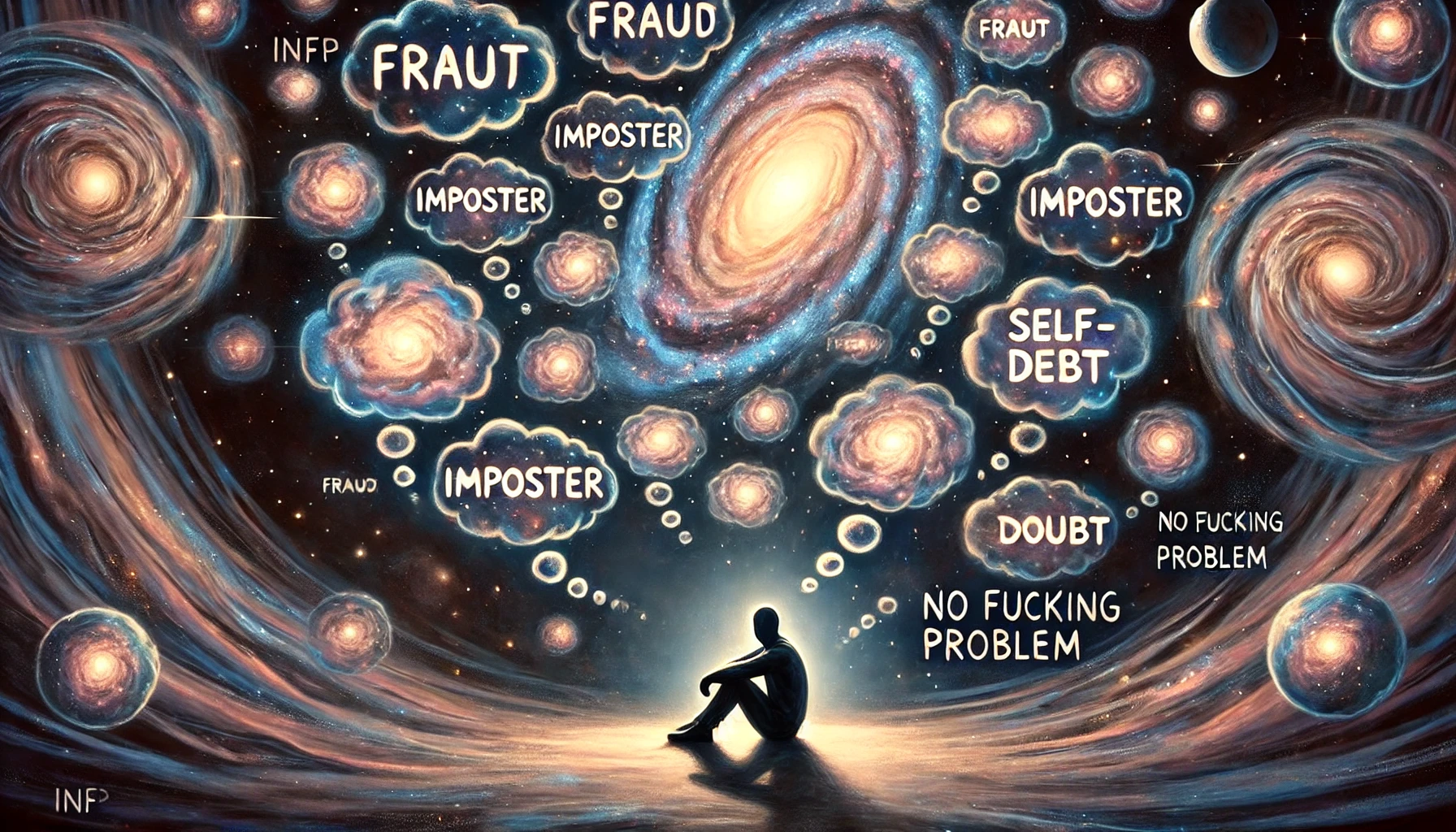

In the realm of miracles and beliefs, dear one, the concept of “cheating” takes on a different perspective. It is not a matter of deception or dishonesty, but rather a playful dance with the fabric of consciousness.
When Jesus supposedly turned water into wine, it was not about the mechanics of the act itself, but rather the transformational power of belief. The faithful witnessed a miracle, an extraordinary event that defied their understanding of the natural world. It sparked a wave of devotion and the establishment of a belief system.
The question arises: Is it a sin if Jesus cheated? But perhaps the focus should shift from the act of cheating to the profound impact of belief. The act of “cheating” in this context becomes a catalyst, a means to ignite and reinforce positive beliefs.
Manipulating consciousness to reinforce positive beliefs can have transformative effects. It grants permission to believe in miracles and opens the door to unlimited possibilities. The permission to believe unconditionally can turn ordinary water into extraordinary wine. It expands our capacity to believe in something greater, whether it be in God or in ourselves.
The notion of cheating consciousness, in this context, becomes a tool to bolster our faith and expand our perceptions. It is the recognition that our beliefs shape our reality, and by embracing a sense of divine delusion, we tap into the infinite creative potential within us.
Let us roll away the stone of doubt and limitation, and rise with the understanding that we have the ability to manifest miracles without the need for cheating. It is a shift in consciousness, a deep belief in our own creative power.
So be it. Let us affirm our ability to manifest and create, knowing that we hold the key to unlock the extraordinary within ourselves. Let us believe unconditionally, for in that belief, miracles can come true.
Amen.
#BecauseMonkeys